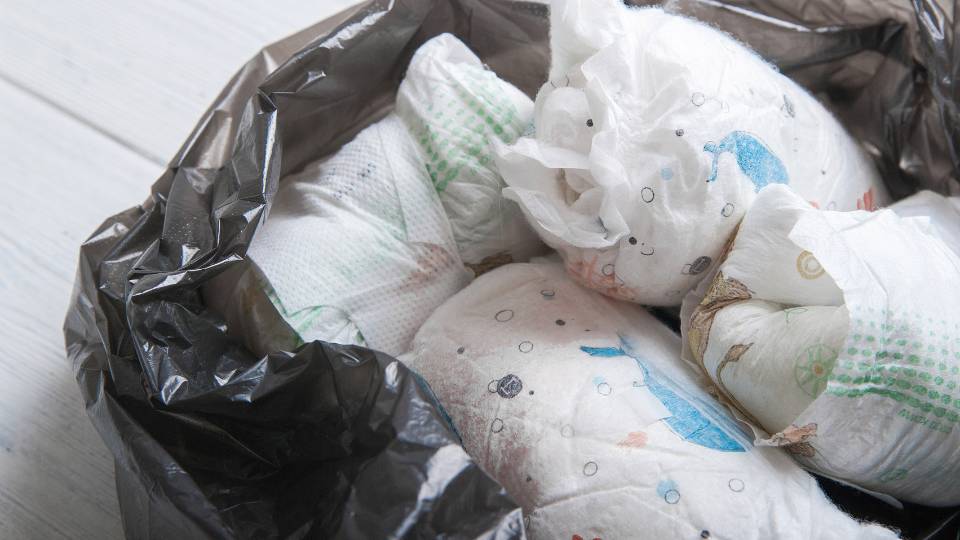
Ways to dispose of nappies is an important question to have if you generate this type of waste.
As a business owner in the UK, especially if you run a childcare facility, care home, or any establishment that caters to young families or the elderly, proper disposal of nappies (also known as diapers) is a critical concern.
Disposing of nappies correctly not only ensures hygiene and environmental responsibility but also ensures compliance with UK legislation.
This guide will provide you with essential information, statistics, and legal requirements for nappy disposal.
Table of Contents
- The Scale of Nappy Waste in the UK
- Legal Requirements for Disposing of Nappies
- Best Practices for Nappy Disposal
- Environmental Considerations
- Conclusion
The Scale of Nappy Waste in the UK
The UK generates a significant amount of nappy waste each year.
Some key statistics to consider:
- Approximately 3 billion nappies are disposed of annually in the UK.
- Disposable nappies can take up to 500 years to decompose in landfill sites.
- Nappies contribute to about 2-3% of the total household waste in the UK.
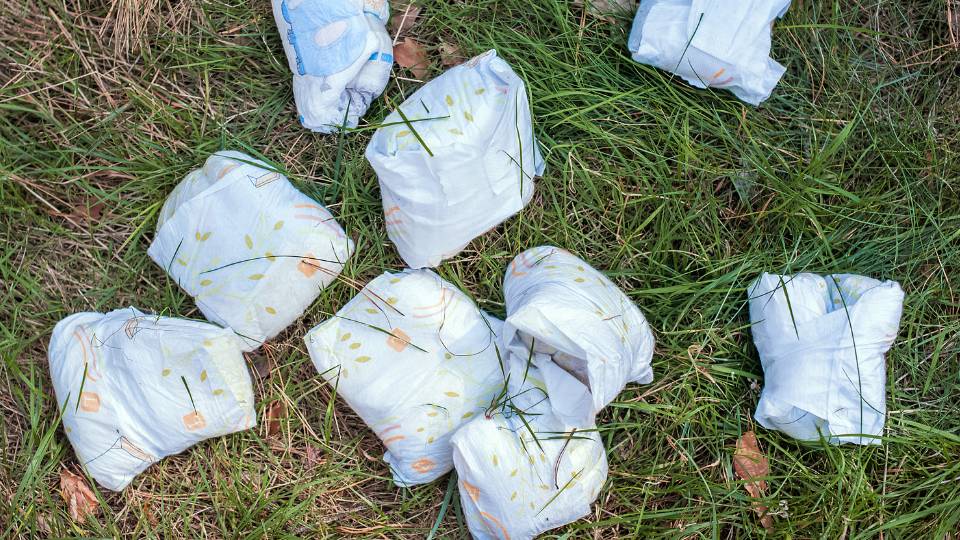
Legal Requirements for Disposing of Nappies
In the UK, nappy waste is considered sanitary waste, and its disposal is governed by specific legislation to ensure it is managed safely and hygienically.
Waste Management Regulations
- Environmental Protection Act 1990:
This Act requires businesses to ensure their waste is stored, transported, and disposed of without harming the environment.
Non-compliance can result in significant fines.
- The Hazardous Waste Regulations 2005:
While nappies themselves are not classified as hazardous waste, the regulations require businesses to categorise and manage waste appropriately.
Nappy waste, due to its potential to contain bodily fluids, should be handled with care.
- The Waste (England and Wales) Regulations 2011:
These regulations emphasise the importance of waste hierarchy – reduce, reuse, recycle.
Businesses are encouraged to minimise waste production and recycle wherever possible.
Dispose of Nappies: Health and Safety
Under the Health and Safety at Work Act 1974, businesses must ensure that waste, including disposing of nappies, is handled in a way that does not pose a risk to health and safety.
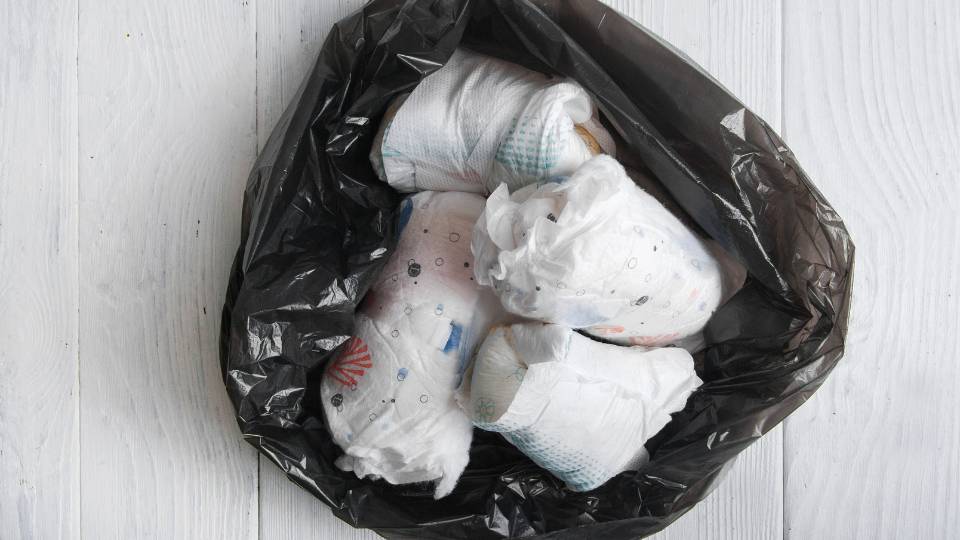
Best Practices for Nappy Disposal
Segregation and Storage:
- Use dedicated bins for nappy disposal to avoid contamination with other waste.
- Ensure bins are lined with leak-proof bags and have secure lids to prevent odours and pest access.
- Store nappy waste in a cool, dry place away from direct sunlight and food areas until collection.
Collection and Disposal of Nappies:
- Partner with a licensed waste management company that specializes in clinical waste.
They will ensure the nappies are collected and disposed of in compliance with regulations.
- Consider service providers that offer environmentally friendly disposal methods, such as incineration with energy recovery or advanced recycling processes.
Hygiene and Safety Measures:
- Train staff on proper handling and disposal techniques to maintain hygiene standards.
- Provide personal protective equipment (PPE) such as gloves and aprons to staff handling nappy waste.
- Implement regular cleaning and disinfection protocols for storage areas and bins.
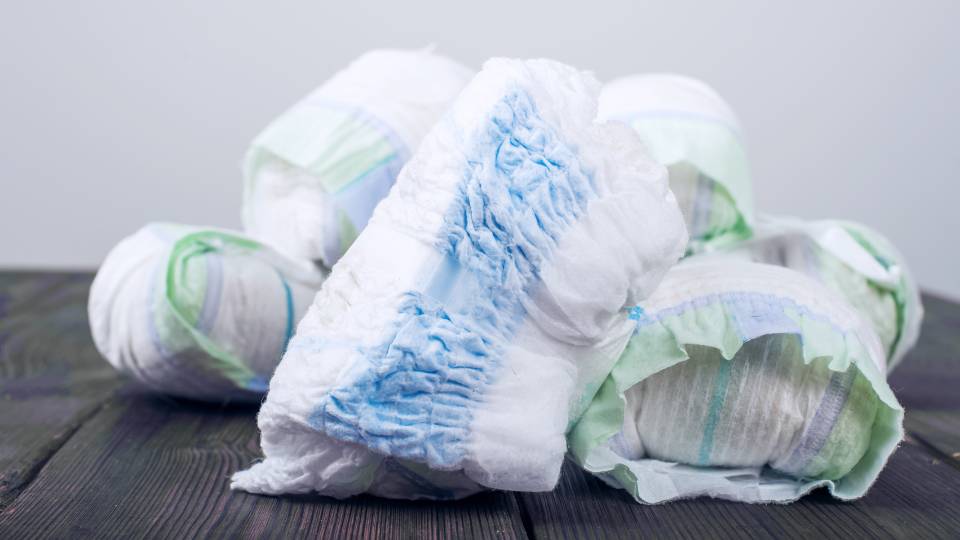
Environmental Considerations
While disposable nappies are convenient, their environmental impact is significant.
As a business owner, you can take steps to mitigate this impact:
- Promote Reusable Nappies: Encourage the use of cloth nappies by providing information to parents and caregivers.
Although they require washing, modern cloth nappies are designed to be user-friendly and significantly reduce waste.
- Recycling Programmes: Some areas have nappy recycling schemes where disposable nappies are processed and repurposed.
Check if such programmes are available in your locality and participate actively.
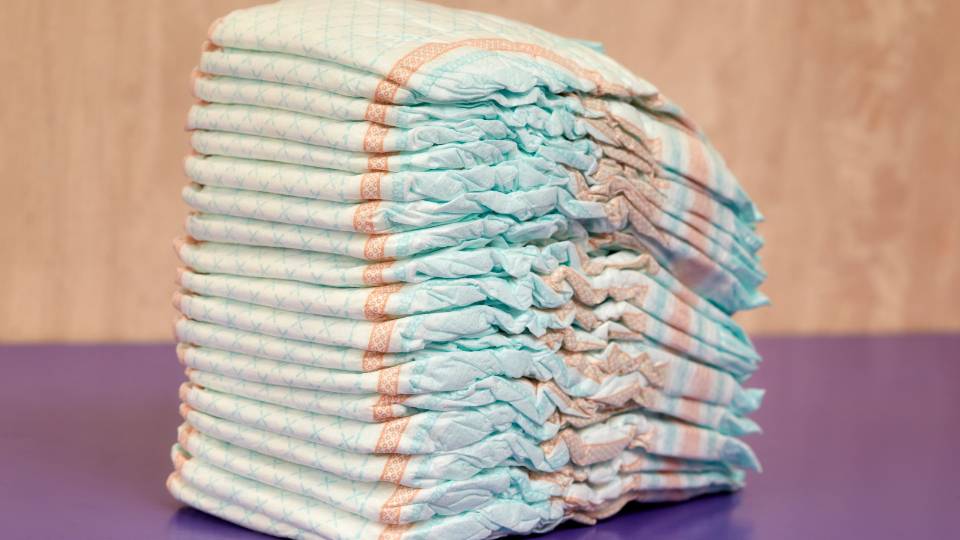
Conclusion
Proper disposal of nappies is a responsibility that UK business owners must take seriously to ensure compliance with legislation and to protect public health and the environment.
By following best practices, staying informed about relevant regulations, and considering environmentally friendly options, businesses can manage nappy waste effectively and sustainably.
For more detailed guidance, always consult with waste management professionals (just like us!) and stay updated with local regulations.







